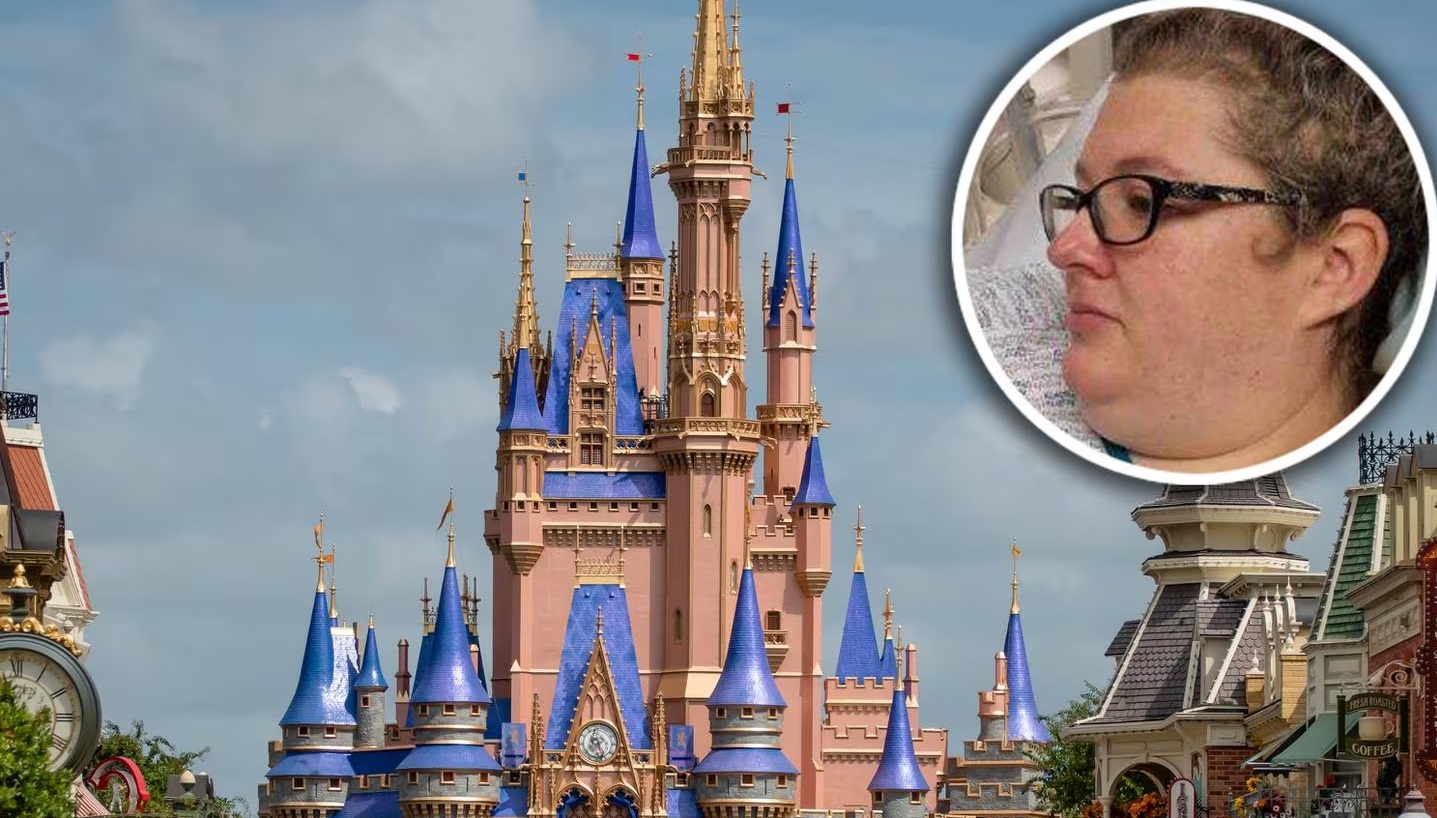
Christchurch resident Nicole and her husband Scott were about to attend the wedding of a close friend from her time working at DisneyWorld when she experienced pain and swelling in her leg, according to a fundraiser aimed at getting her back to New Zealand.
She went to an emergency department where she was placed in critical care, with tests showing she had an extensive blood clot from her ankle to her abdomen, as well as a clot in her lungs.
Her travel insurer has declined to cover her.
“During the long flight from Auckland to New York, I noticed my leg swelling, and a day or so later, I began experiencing pain. Recognising the potential for a deep vein thrombosis (DVT) due to my background in healthcare, my husband took me to a nearby hospital,” Erickson told The New Zealand Herald.
Nicole was rushed to surgery to remove the clot and to place a stent to keep her vein open.
The couple missed the wedding, and their flight home, and Nicole is not expected to be medically cleared to fly for at least a month.
“The unexpected turn of events disrupted our entire itinerary. Our return flights, initially booked with excitement, are now in limbo. The financial implications of changing flights and covering unexpected costs have added another layer of stress to an already challenging situation,” she said.
Nicole told the Herald the travel insurer declined to cover her emergency.
“I have a genetic predisposition, Factor V Leiden, but it wasn’t an active condition. The insurance company declined coverage based on this, ignoring that the surgery was due to an anatomical issue, May-Thurner syndrome, of which I was unaware,” she said.
“The insurance process was frustrating—endless emails, release forms, and a demand to access my entire medical history. I felt uncomfortable signing off on my personal GP discussions. The Chief Medical Officer declined coverage without addressing the May-Thurner syndrome.”
“I expressed my desire to dispute their decision, but despite being told someone would be in touch, it has now been four days without any official written communication outlining the reasons for the denial,” she said.
Nicole, who works as an anaesthetic technician, has just started work at a new hospital and does not have leave to cover the time away.
“Starting a new job and facing this financial crisis, I don’t have leave saved up. My employer has been supportive, offering discretionary leave, but the looming hospital bills, changes in flights, and ongoing medical expenses threaten to impact our finances for the foreseeable future,” she said.
It has left Nicole and Scott to find the money to rebook flights, and pay for the hospital, imaging and surgical bills which are expected to reach more than $300,000.
“Learning that insurance wouldn’t cover the costs hit me hard emotionally. My mental health, already fragile after the loss of our daughter, took a toll. It felt overwhelming, like being buried under insurmountable financial pressure,” she said.
“Receiving the news of coverage denial was devastating. Hospital bills are accumulating, outpatient appointments are costly, and I fear the financial burden will affect us for years. Our savings and credit card are maxed out, and daily expenses are piling up.”
The family have set up a Givealittle page to pay for a safe flight home, the cost of surgery, the hospital stay, medications, specialist costs, ultrasounds and the cost of living in a foreign country for a month.
By Saturday morning the page had attracted about $10,000 in donations, from 150 donors.












